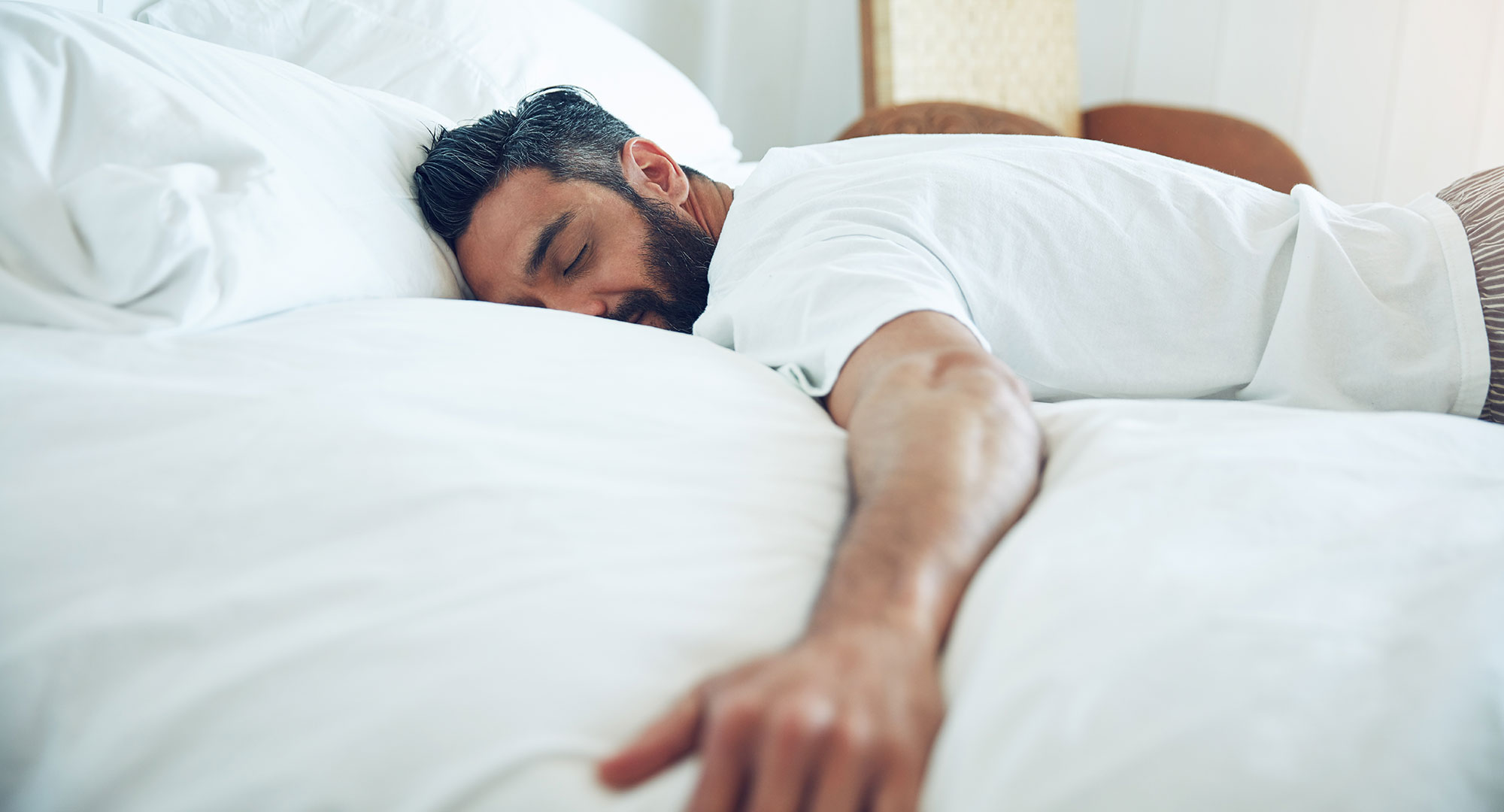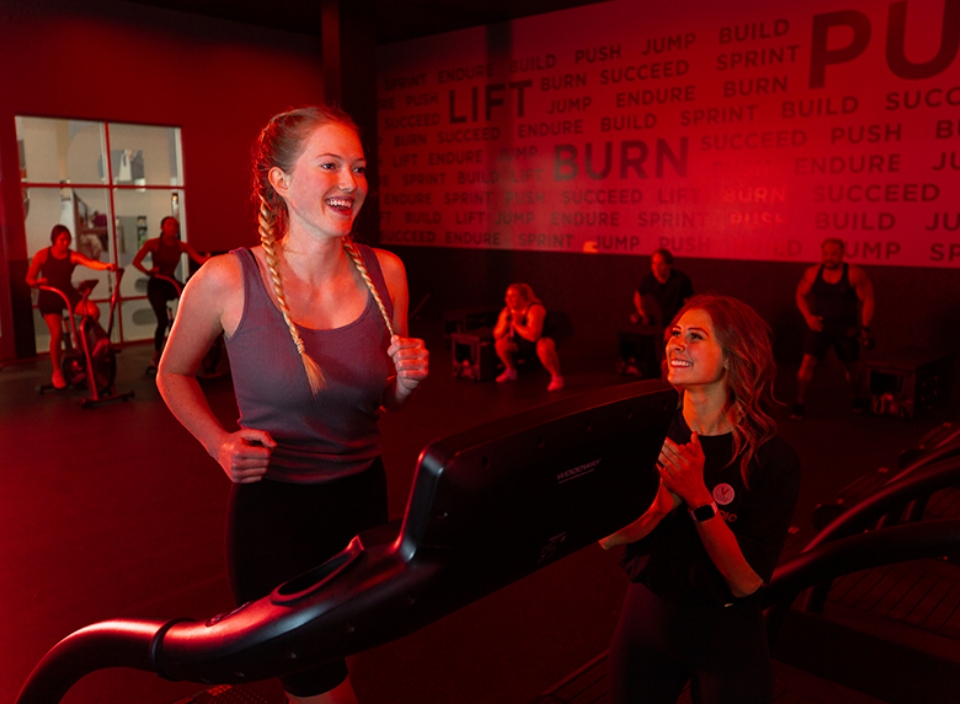How to Prep for Daylight Savings
Most Americans set the clocks ahead an hour on daylight savings every spring, which steals an hour of sleep. This can have bigger implications on our health for more than just that one day as we adjust to the new time change. Sleep deprivation and sleepiness are the main symptoms, which can linger for days and even weeks, especially for teenagers and older adults. Like jet lag, time changes affect more than just your sleep patterns.
The Importance of Sleep
Sleep is one of the biggest indicators of a healthy lifestyle. Getting seven to nine hours of sleep with similar rest and wake times has consistently been shown to be an indicator of good health.
Healthy sleep habits are tied to learning and memory, metabolism and weight, cardiovascular health, mood, immunity, and alertness. When the brain and body are tired, they must work extra hard to keep you awake and alert. The longer you are awake, the more time your body moves and could trick the body into craving more food than normal. Overeating is closely tied to a lack of quality sleep. Researchers have also found a strong correlation to an increase in heart problems, mood disorders, and car accidents in the weeks following daylight saving time.

Nap at least six hours before bed for a maximum of 20 minutes.
Beat the Clock
To keep up with the effects of daylight savings, several small adjustments over time will help you stay rested and refreshed:
- During the week leading up to the time change, move your bedtime up by increments of 15 minutes every two or three days.
- Napping the day after the time change might feel needed, but nap for a maximum of 20 minutes and at least six hours before bedtime.
- Avoid sleeping an hour longer. Wake up at the same clock time you had previously.
- Improve your sleep hygiene by limiting alcohol consumption, avoiding heavy dinner or snacks close to bedtime, and turning off screens up to 90 minutes prior to bedtime.
- Limit caffeine and try not to drink caffeine after 12 pm. While it may give you a pick me up for the rest of the day, it could prevent you from falling asleep at your standard bedtime, leaving you groggy and even more tired the next day.
As tempting as it may be to sleep in on the weekends, try to keep your steady bed and wake times. The body loves sleep consistency, and every time you hit snooze to sleep just a little bit longer, your body experiences a mini daylight savings change that can throw off your body’s normal circadian rhythm.

Just like keeping a routine for eating well and working out, sleep is an important (yet often forgotten) component of a healthy lifestyle. A bedtime routine is not only for your kids. Creating one for yourself can help you kickstart each day feeling rested and refreshed so you can tackle your day and feel energized to achieve your goals!
SUBSCRIBE TO OUR BLOG
Enter your email to start receiving our blog emails!









